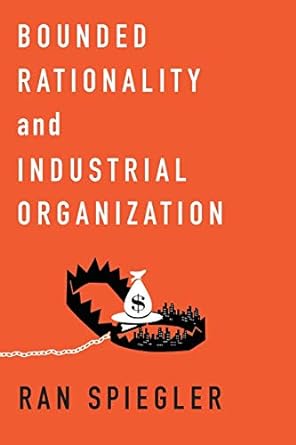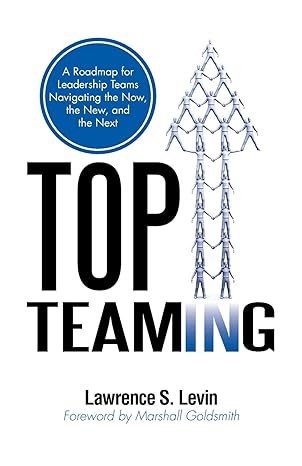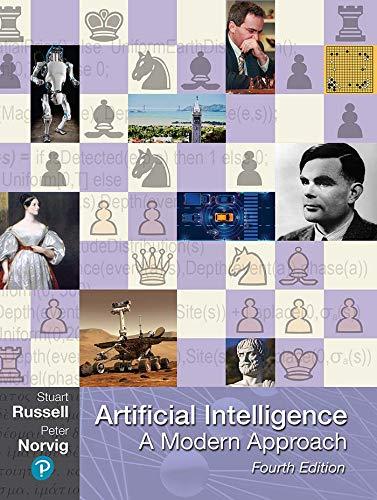Go back


Bounded Rationality And Industrial Organization(1st Edition)
Authors:
Ran Spiegler

Cover Type:Hardcover
Condition:Used
In Stock
Include with your book
Free shipping: April 03, 2024Popular items with books
Access to 3 Million+ solutions
Free ✝
Ask 10 Questions from expert
200,000+ Expert answers
✝ 7 days-trial
Total Price:
$0
List Price: $15.70
Savings: $15.7(100%)
Book details
ISBN: 0199334269, 978-0199334261
Book publisher: Oxford University Press
Get your hands on the best-selling book Bounded Rationality And Industrial Organization 1st Edition for free. Feed your curiosity and let your imagination soar with the best stories coming out to you without hefty price tags. Browse SolutionInn to discover a treasure trove of fiction and non-fiction books where every page leads the reader to an undiscovered world. Start your literary adventure right away and also enjoy free shipping of these complimentary books to your door.
Bounded Rationality And Industrial Organization 1st Edition Summary: Conventional economic theory assumes that consumers are fully rational, that they have well-defined preferences and easily understand the market environment. Yet, in fact, consumers may have inconsistent, context-dependent preferences or simply not enough brain-power to evaluate and compare complicated products. Thus the standard model of consumer behavior-which depends on an ideal market in which consumers are boundlessly rational-is called into question. While behavioral economists have for some time confirmed and characterized these inconsistencies, the logical next step is to examine the implications they have in markets.Grounded in key observations in consumer psychology, Bounded Rationality and Industrial Organization develops non-standard models of "boundedly rational" consumer behavior and embeds them into familiar models of markets. It then rigorously analyses each model in the tradition of microeconomic theory, leading to a richer, more realistic picture of consumer behavior. Ran Spiegler analyses phenomena such as exploitative price plans in the credit market, complexity of financial products and other obfuscation practices, consumer antagonism to unexpected price increases, and the role of default options in consumer decision making. Spiegler unifies the relevant literature into three main strands: limited ability to anticipate and control future choices, limited ability to understand complex market environments, and sensitivity to reference points. Although the challenge of enriching the psychology of decision makers in economic models has been at the frontier of theoretical research in the last decade, there has been no graduate-level, theory-oriented textbook to cover developments in the last 10-15 years. Thus, Bounded Rationality and Industrial Organization offers a welcome and crucial new understanding of market behavior-it challenges conventional wisdom in ways that are interesting and economically significant, and which in the end effect the well-being of all market participants.
Customers also bought these books
Frequently Bought Together
Top Reviews for Books
Mildred Rice
( 5 )
"Delivery was considerably fast, and the book I received was in a good condition."










